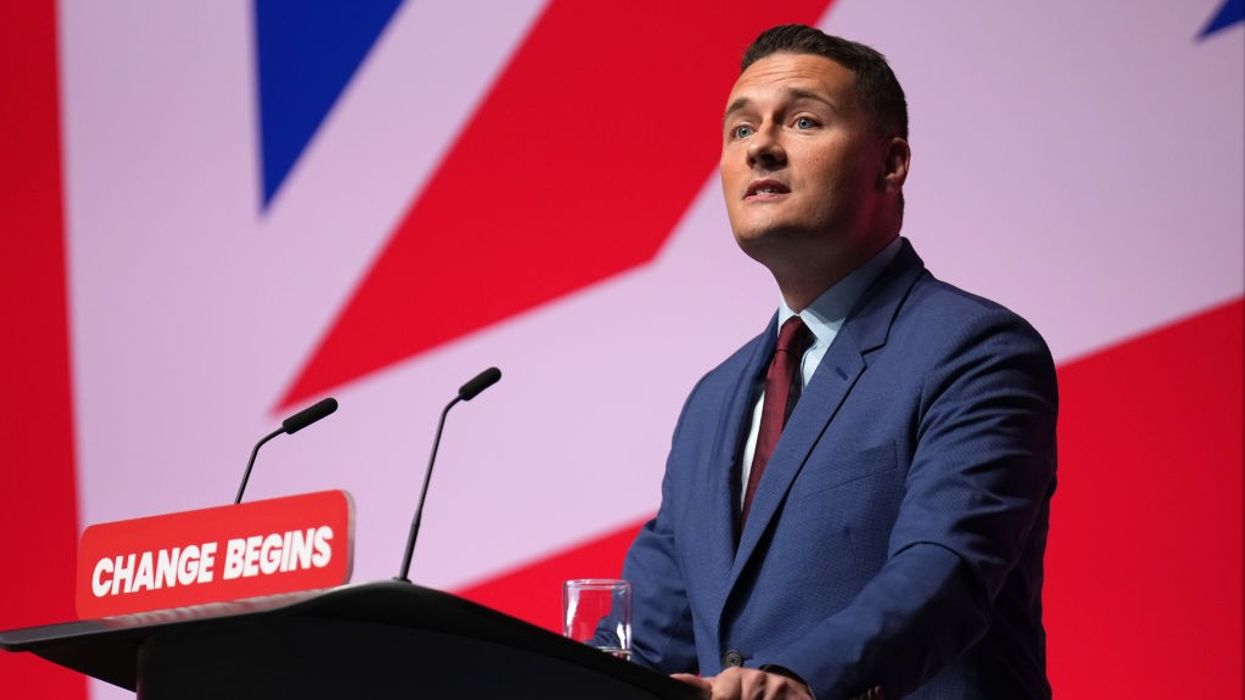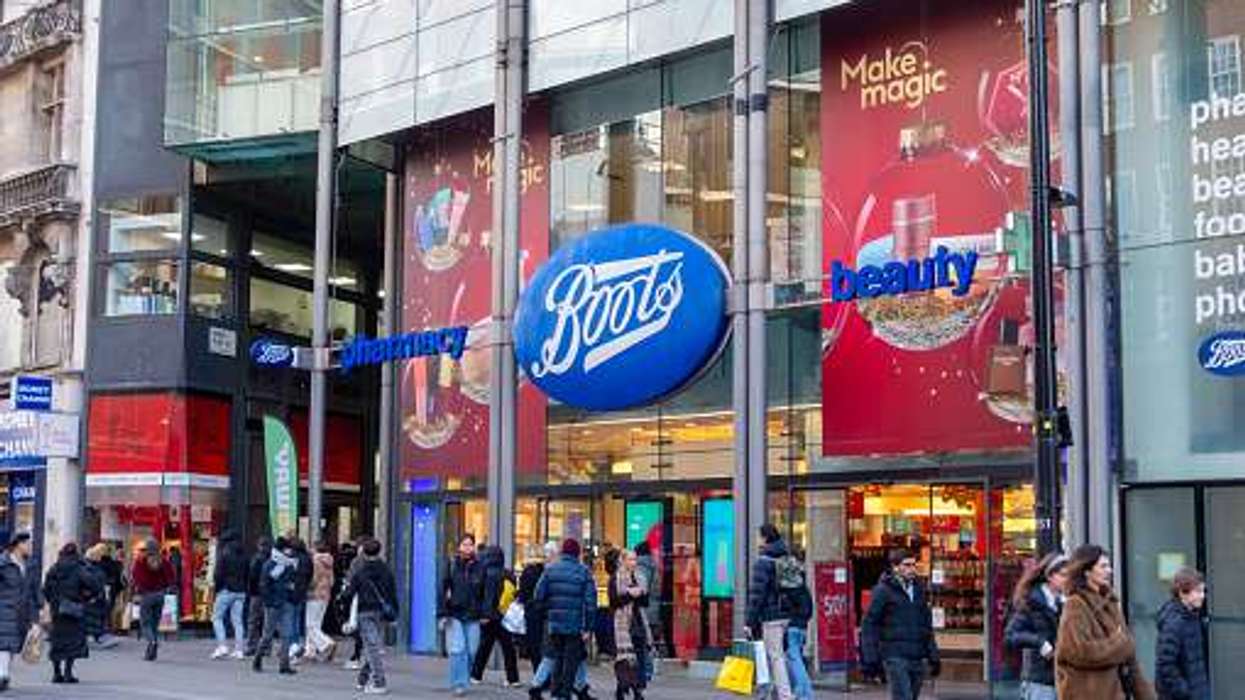Key Summary
- The government has announced a £2.2bn boost this year to improve healthcare in England’s poorest areas
- GP funding and the GP contract to be reviewed to benefit working-class areas
- A new pilot scheme to recruit an extra 1,000 NHS staff from areas worst affected by unemployment
- New AI-powered features in the NHS app to reduce unequal access to information and choice
To reduce the stark inequalities in access to care and health outcomes, the government has announced a £2.2bn boost this year to improve healthcare in England’s poorest areas.
While making this announcement in Blackpool on Wednesday (25), health secretary Wes Streeting said around £2.2 billion previously set aside to plug financial holes will now be spent on resources in deprived areas.
The focus will be on areas where the NHS has the fewest GPs, poor services, and long waiting lists.
"The circumstances of your birth shouldn’t determine your worth. A core ambition of our ten-year plan will be to restore the promise of the NHS, to provide first-class healthcare for everyone in our country," he said.
The Government also plans to review GP funding and the GP contract so working-class areas receive their “fair share” of resources.
He said the NHS has an “important role to play” to get patients off waiting lists and back to work, and should also act “as an engine of local economic growth”.
Streeting also announced a new pilot scheme which will aim to recruit an extra 1,000 NHS staff from areas worst affected by unemployment.
In his speech, the secretary said the “health service should also act as an engine of local economic growth, giving opportunities in training and work to local people”.
Streeting also said that unequal access to information and choice was “one of the starkest health inequalities”.
To address this, he announced that new features will be introduced on the NHS App as part of the 10-year plan, adding that technology can “empower patients with choice and control”.
A tool known as My Companion will use artificial intelligence to give patients direct access to information regarding their health condition.
“It will get patients answers to questions they forgot to ask or felt too embarrassed to ask in a place that makes appointments.
“So the next time you’re at an appointment and you’re told something doesn’t sound right, you’ll have at your fingertips the information you need to speak up confidently with the other expert in the room,” he said.












